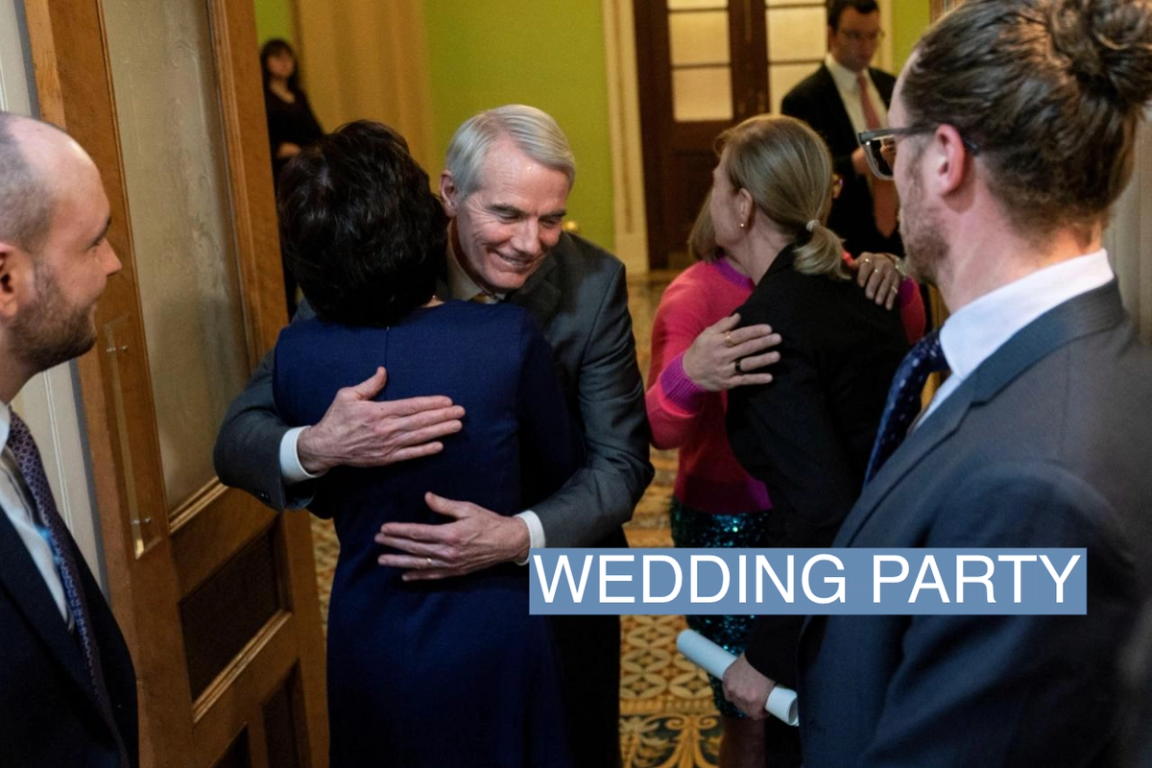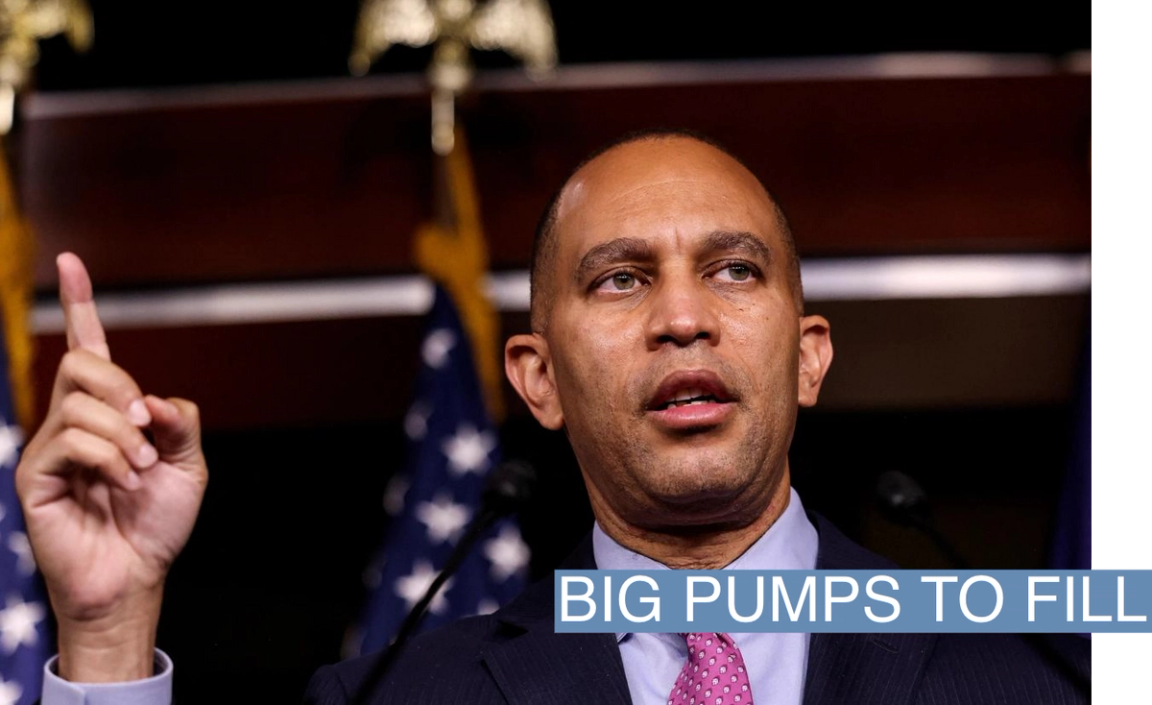 REUTERS/Sarah Silbiger REUTERS/Sarah SilbigerThe Senate passed the bipartisan Respect for Marriage Act with 61 votes on Tuesday, putting America on the verge of codifying new protections for same-sex and interracial couples. It was an emotional day — Majority Leader Chuck Schumer choked up discussing his daughter’s wedding to her wife — and a breakthrough in a country where gay marriage was politically taboo less than two decades ago and majorities of Americans did not approve of interracial marriage until the 1990s. “As someone who has been long a part of the LGBTQ community, I think about how progress is made, and so much of it has to do with visibility, and people knowing us and knowing our families, which replaces myth and stereotype,” Senator Tammy Baldwin, D-Wisc., who led bipartisan talks on the bill, said after the vote. Negotiators sold the legislation as essentially a peace treaty between religious leaders and LGBTQ Americans on marriage equality, allowing each side to move on to other civil rights debates where they’re still in conflict. “Christians, including myself, believe that God defined marriage as between a man and a woman and the argument is, who are we to second guess God’s definition?” Sen. Cynthia Lummis, R-Wyo., who voted for the bill, told Semafor. “And the way I resolved that was by separating the Biblical definition from the new secular definition of marriage that was recognized in the Obergefell decision.” Sen. Susan Collins, R-Maine thanked the “broad array of faith-based groups” who worked with her colleagues on an amendment clarifying its religious liberty protections, including the Church of Jesus Christ of Latter-day Saints, the National Association of Evangelicals, and the Orthodox Union. For religious leaders, the bill was a way to lock in the current status quo in the courts for the long haul — the text clarifies that faith institutions and non-profits can’t be compelled to participate in “the solemnization or celebration of a marriage.” But the bill also doesn’t wade into other territory that’s led to court fights in recent years, like, say, a private bakery refusing to sell a wedding cake for a service. Not all Republicans, only 12 of whom voted for the bill, agreed with those terms of surrender in the marriage wars. The Senate rejected three Republican amendments to expand its religious liberty clauses, including one by Sen. Mike Lee, R-Utah that would have barred the federal government from taking “discriminatory action” against persons or organizations based on their belief in traditional marriage, including revoking tax-exempt status or denying grant money. “Why wouldn’t anyone want to deny the federal government the ability to retaliate against individuals, nonprofits and other entities based on their sincerely held religious beliefs?” Lee said in a floor speech. While the current Supreme Court takes a relatively expansive view of religious liberty, many conflicts over marriage are still live issues and Democrats and civil libertarians worried the amendment was so broadly worded that any number of forms of discrimination could be justified on religious grounds. Instead, future disputes will have to be resolved the way same-sex marriage was — in the courts, in legislation, and in public opinion. “Today is important, but not the end of the fight,” Human Rights Campaign president Kelley Robinson told Semafor. “We have to keep working toward full lived equality for LGBTQ+ people – in politics and policy, in schools and workplaces, in every place we are.” — Kadia Goba and Steve Clemons contributed to this story
| 






